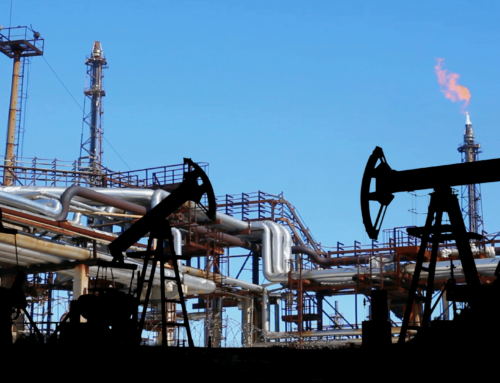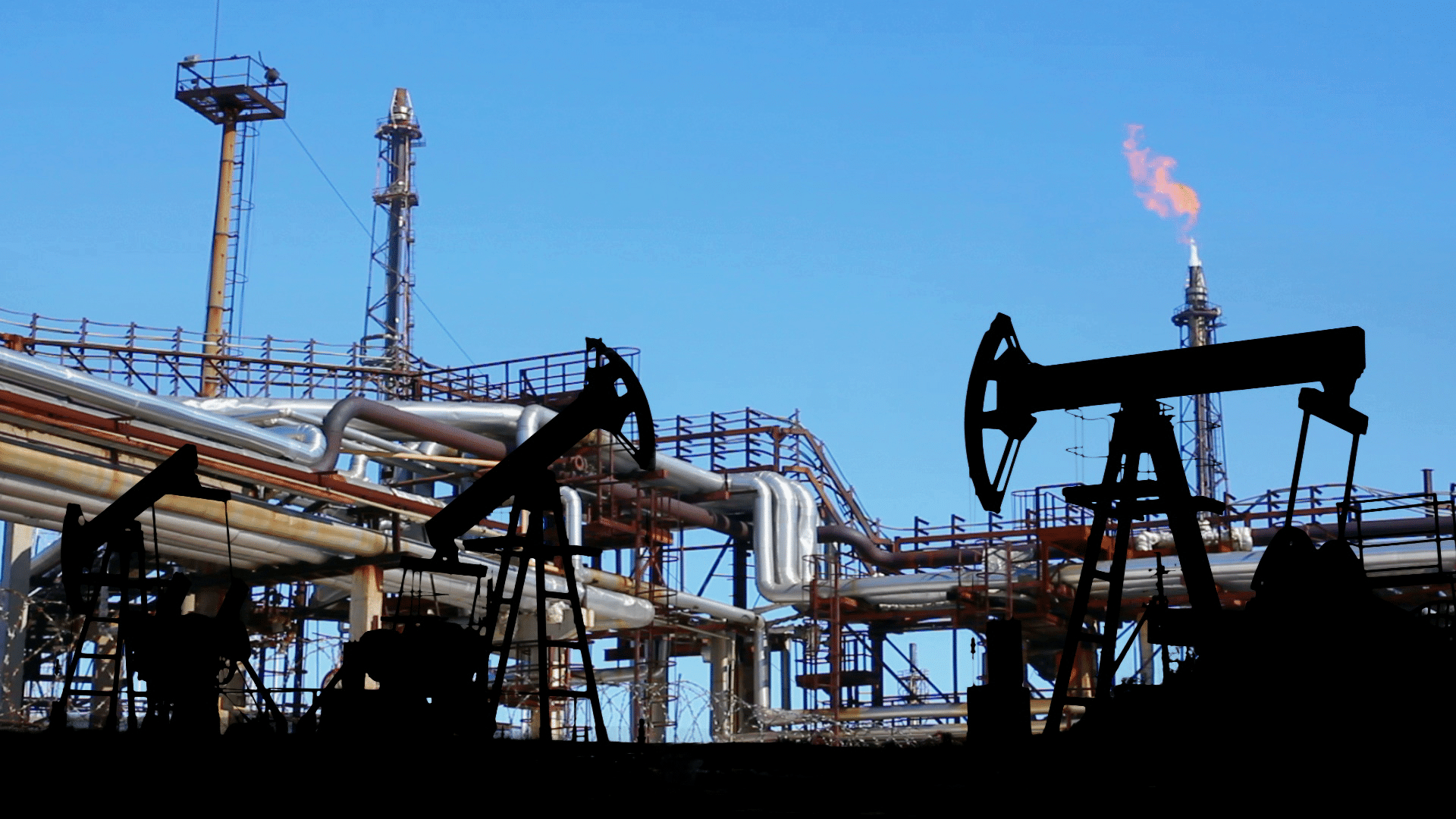On July 12, 2023, the House Natural Resources Committee and Energy and Mineral Resources Subcommittee held a entitled “Examining the Biden Administration’s Record on Federal Coal Leasing.” The hearing had four witnesses: Mr. Randall Luthl, Chief Energy Advisor to the Governor of Wyoming; Mr. Matthew Adams, Vice President and Senior Tax Counsel of the Navajo Transitional Energy Company; Mr. John Driscoll, Director and Chief Executive Officer of the Port of Mobile; and Ms. Sara Kendall, Interim Executive Director of the Western Organization of Resource Councils.
The federal coal leasing program has been plagued with problems for decades. Federal leasing of coal is currently paused while the Department of the Interior reviews the program. Earlier this year, Taxpayers for Common Sense (TCS) submitted comments to the Bureau of Land Management on much-needed reforms to ensure that taxpayers get a fair return on publicly-owned coal without shouldering environmental liabilities left behind by the coal industry.
The hearing featured several lines of questioning, highlighting the insufficiencies of the federal coal leasing system and the inadequate return federal taxpayers receive for publicly owned resources. Ranking Member Ocasio-Cortez (D-NY) was quick to highlight that bonding, and particularly self-bonding, is insufficient to cover the taxpayer liabilities presented by coal mining and other extractive industries. When private entities lease federal land for resource development, they are required to post a bond to ensure that the site is cleaned adequately after production ends. However, current federal bonding requirements fail to cover the high costs of reclamation, pushing these costs away from industry and onto taxpayers.
In her testimony, witness Sara Kendall recommended that the Bureau of Land Management (BLM) consider requiring sufficient bonding or contractually obligating mine operators to reclaim at least 50% of their mines. Ms. Kendall highlighted the reclamation situations in Montana and Wyoming, stating that only 20% of mines in Montana and 17% in Wyoming have been properly reclaimed, creating financial and environmental liabilities for taxpayers. Taxpayers for Common Sense has long called for BLM to take action to reform their leasing process to ensure that extractive industries are held accountable for the financial and environmental liabilities they create, rather than allowing the burden to fall on to taxpayers. create, rather than allowing the burden to fall on to taxpayers.
Several subcommittee members argued that the problem is not coal, but carbon, so technologies like carbon capture and sequestration (CCS) should be more aggressively pursued. However, CCS has proven costly and ineffective at removing carbon at the scale required to meet the climate crisis challenges. In fact, in the U.S. do not store captured carbon but instead use it to produce oil and gas through a process called enhanced oil recovery (EOR).
There are also significant issues with the government subsidies created to expedite CCS implementation, including the carbon capture and sequestration tax credit (45Q), which has been prone to abuse and fraud and has done little in terms of emissions reduction.
Although this hearing shed some light on much-needed federal coal leasing program reforms, more must be done. As the Bureau of Land Management moves forward with the review, Congress should also consider actions like raising the royalty rate, improving coal valuation, and updating bonding requirements to ensure that taxpayers receive a fair return for publicly-owned coal and will not be responsible for cleanup liabilities.










